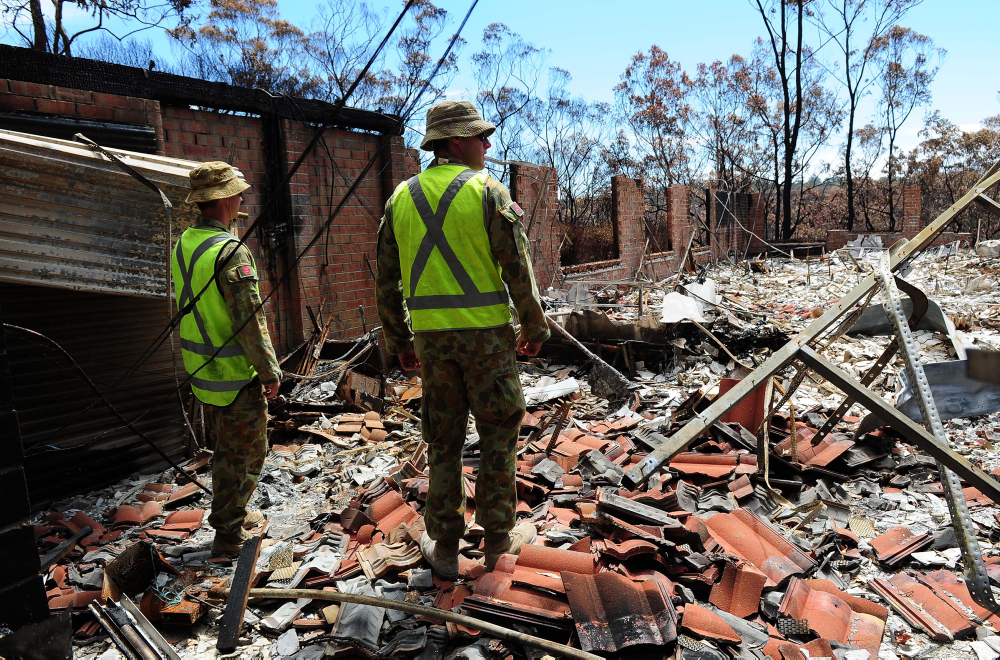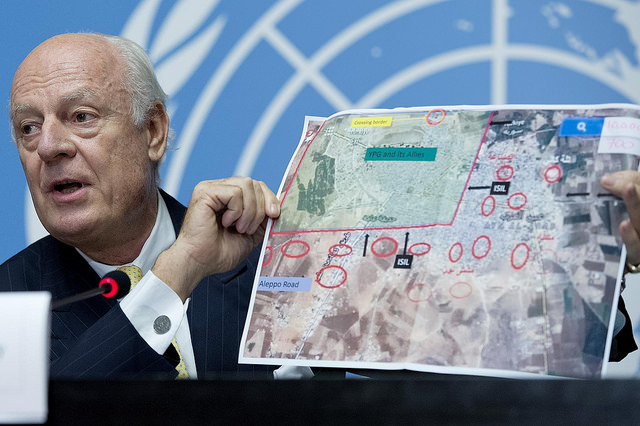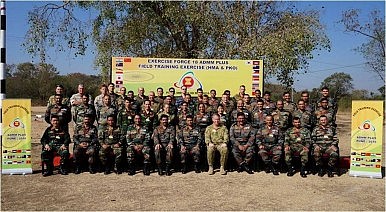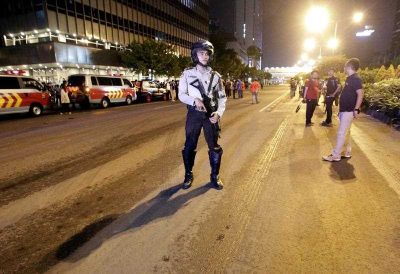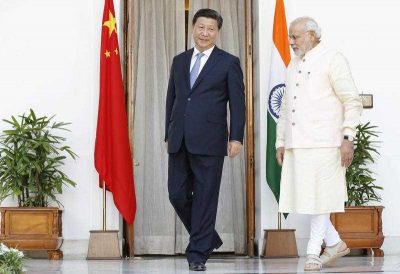In questa breve nota pongo il problema della figura dell'intellettuale che, sempre di più, vedo distaccata da quella del cittadino. E' come se gli intellettuali si ritirassero progressivamente in altri mondi, "prigionieri" di una erudizione che non si fa vita. Sto leggendo "Pape Satàn Aleppe", il libro postumo di Umberto Eco e lì ritrovo l'esempio di come l'intellettuale non sia altro che la persona che riscopre l'intelletto in funzione dell'interesse generale, della storia comune.
La "società liquida", nella quale siamo immersi, chiede il ripensamento dei fondamenti, chiede la riproposizione - prima di tutto a noi stessi - delle domande fondamentali sull'essere umano (e su chi stiamo diventando) e sulla convivenza; invece, sembriamo tutti appassionarci alle risposte, sacrificando il tempo della riflessione sull'altare della competizione; la riflessione è riappropriazione della realtà in noi e in chiave progettuale, non è una perdita di tempo o, peggio, una fuga dalla realtà.
Non vogliamo capire che il progresso comprende anche il regresso e, mai come oggi e non solo da oggi, questo è evidente; l'umanità non condivide un progetto storico, l'esistenza sembra risolversi nell'imminenza (tradendo la vita) e, in questo, la degenerazione ci travolge sotto la forma di un "disumano totalitario" che vive in noi.
C'è una speranza, certamente, ed è nella presa d'atto della necessità della cooperazione; infatti, nel mondo globalizzato, o ci si salva tutti insieme o non si salva nessuno. Nel teatrino della politica dimenticata, e in un sistema nel quale i rapporti di potenza si fanno sempre più auto-referenziali, è urgente ripensarci umani in termini di dialogo, ritrovandoci l'uno come specchio dell'altro e ritrovando nuove forme possibili di mediazione delle differenze che compongono il meraviglioso mosaico della nostra incertezza.




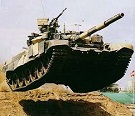




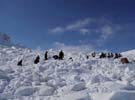





















![An Afghan man rests near a cinema in Kabul [AFP]](http://www.aljazeera.com/mritems/imagecache/mbdxxlarge/mritems/Images/2016/2/29/1e0fb2cc16074ee7a444da03527aaf6a_18.jpg)
![Rafsanjani's victory in the Assembly of Experts was crucial to forming the kind of coalition he is looking for, writes Entekhabifard [AP]](http://www.aljazeera.com/mritems/imagecache/mbdxxlarge/mritems/Images/2016/2/28/c2c579e041c14d77be280c73b6068d0c_18.jpg)
![Children play amid rubbish at an informal Syrian refugee settlement near Zahle, Lebanon [Getty]](http://www.aljazeera.com/mritems/imagecache/mbdxxlarge/mritems/Images/2016/2/28/b20b48a650b34a5e9f79c51f638a619a_18.jpg)
![Israel's Prime Minister Benjamin Netanyahu speaks with Canada's Prime Minister Justin Trudeau [AP]](http://www.aljazeera.com/mritems/imagecache/mbdxxlarge/mritems/Images/2016/2/2/e73b390933844414bc105fc33c0a7d6d_18.jpg)


